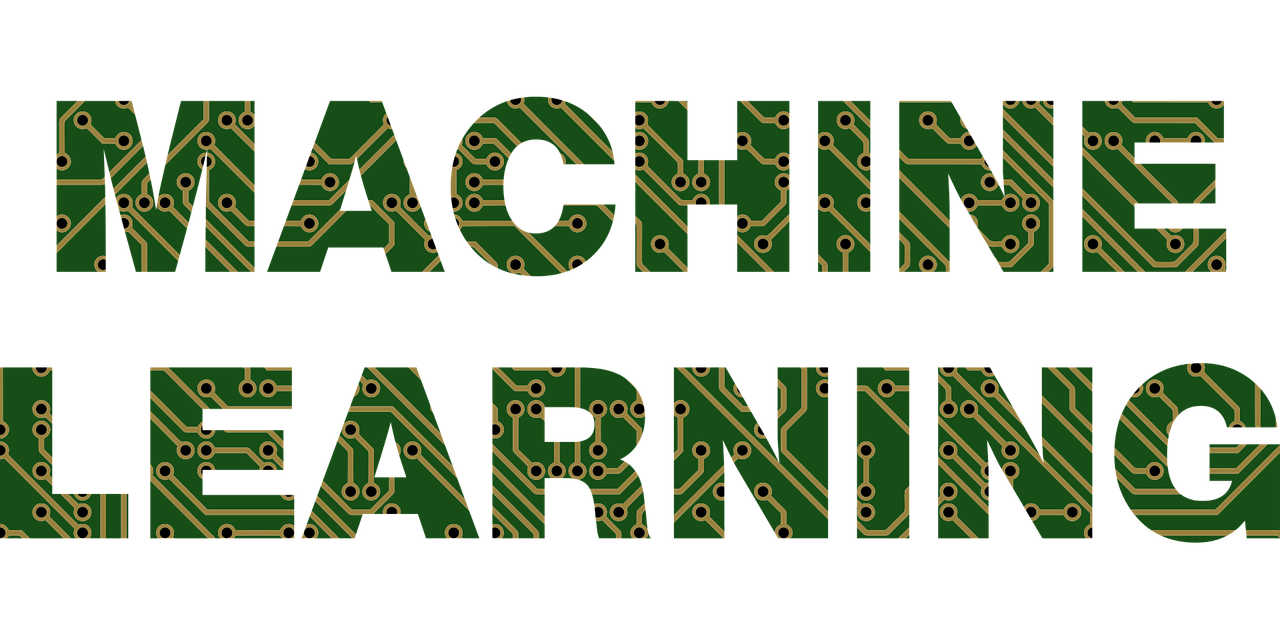How Machine Learning Can Solve the Pharmaceutical Supply Chain’s Problem – Supply chain that functions like a self-driving car
Machine Learning is already providing significant benefits in the supply chain, where we could eventually see complete end to end automation.
But the real benefit is in the supply chain management (SCM) area. This is an area where the same issues happen daily, they just appear differently. For example, delays are fundamentally similar, but where and when they occur is almost random. In addition, the data is now there to predict these, if only we had the human capacity to process that data real time. The major benefit of this technology in the supply chain is the ability to pair it with humans ,learn from the human operation and scale that for the next event so the human administrates less and innovates more…meaning the human drives the agility from point number one.
Demand Forecasting
One way that Machine Learning is having an impact on demand planning is through its ability to identify certain patterns in datasets and detect anomalies for infectious disease intelligence
The pharmaceutical industry has even more to gain through greater understanding of weather conditions. Machine Learning applied to historical data can identify correlations between specific changes in climate and occurrences of a disease. If there is a wet summer forecast for a hot and humid area, for example, there is likely to be an increase in the mosquito population and therefore a higher likelihood of diseases related to Mosquito bites.
In September 2017, researchers from the Saw Swee Hock School of Public Health and the National Environment Agency’s (NEA) Environmental Health Institute in Singapore developed an algorithm to forecast dengue outbreaks. They discovered that transmission dynamics of dengue, a mosquito-borne virus that infects approximately 400 million individuals annually, closely correlated with climate variables such as precipitation and temperature. By combining historic climate information with previous seasonal patterns of dengue, the NEA was able to predict outbreaks as early as four months in advance.
Internet of Things Technologies
Data provided by these devices is helping to better monitor temperature controls and track products as they move through the chain. Merck, the global biopharmaceutical company, is among the most advanced in utilizing Machine Learning to optimize demand forecasting.
IOT can be used to aggregate data of batches from various machine to analyze & predict failure pattern . Supply chain that functions like a self-driving car: A system that analyzes data continuously and makes decisions on its own about speed and resources. The system would predict spikes and lulls in demand for products and suggest ways to reroute raw materials accordingly
Fake drug detection
Veripad is one organization that is using machine learning to solve the issue. They provide a chemical test card capable of identifying components of common medications in minutes, with no lab equipment. You just crush one tablet of the medication you want to test, rub it over the card, and soak the card in water. Veripad uses chemical testing paper and a mobile application to identify falsified medications.
However, they have developed their own testing cards that can perform several chemical tests on a medication in question by simply adding water. From there, they utilize their smartphone application to interpret the results of the chemical test card and indicate whether the medication is suspicious or authentic. Finally, they utilize data analytics technology to aggregate the results of every test in order to better understand the flow of counterfeits within affected regions with the ultimate goal to improve initiatives and policies.

Roadmap to Implementation
Define what you are using it for
Before you even start building any model, you have to define upfront how it’s going to be used and why that’s going to make the experience better for a user.
Click to Read more ………..
Additional Consultation and discussion please send an email to [email protected] or call us at +1 732 479 40005 / +91 887 998 6882


